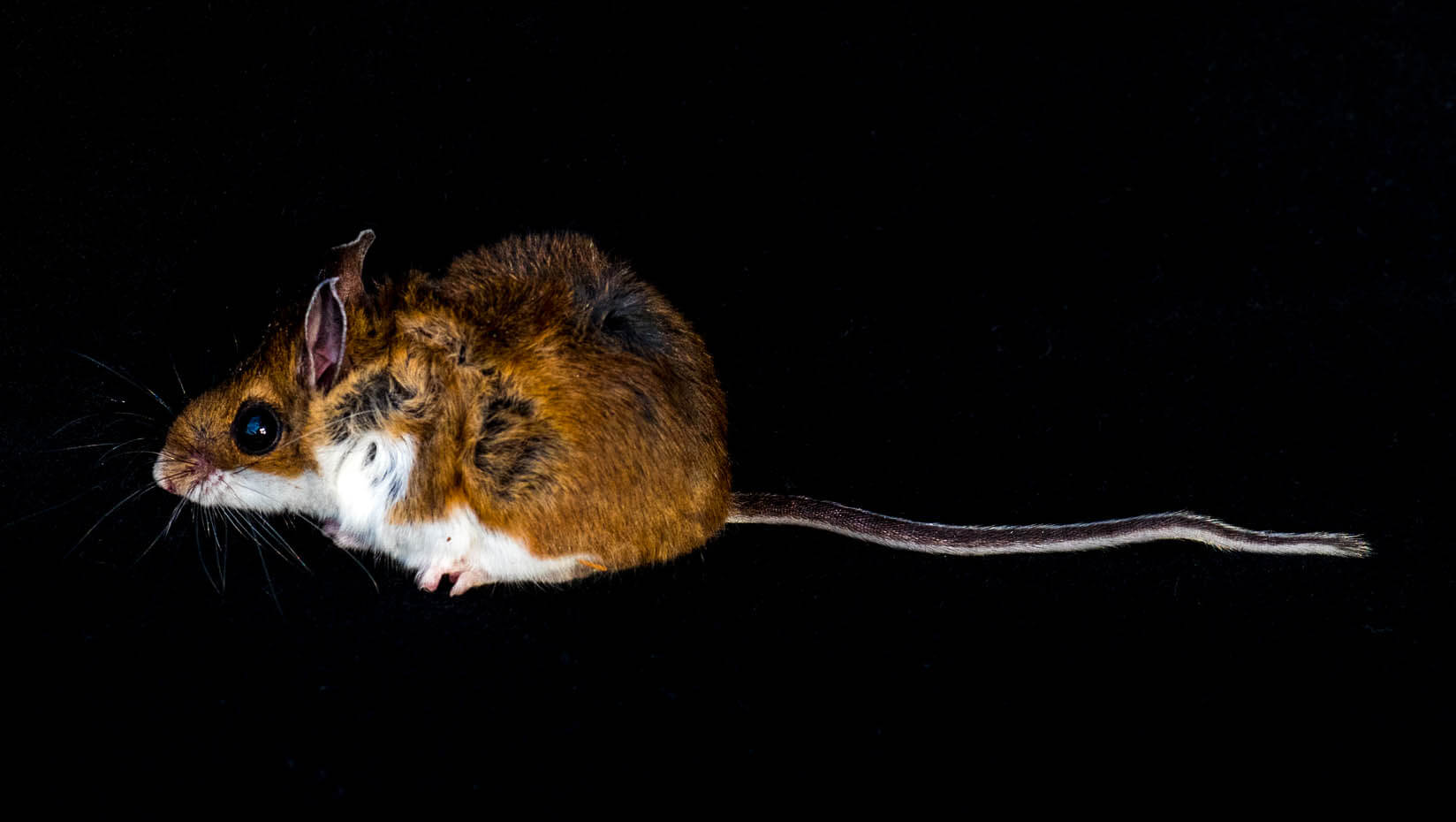
Harnessing the ecological roles of animal personalities
Personality differences that account for varying behaviors within species should be taken into account in ecosystem management, according to researchers in the University of Maine Department of Wildlife, Fisheries, and Conservation Biology.
The researchers noted that there is great potential in exploring ways that the personality composition of a population may affect the ecosystem services that the population provides — from how bees pollinate and small mammals disperse seeds to how burrowing species, including earthworms and prairie dogs, affect soil quality. Personalities have a role in pest management, and even how seemingly “friendly,” “curious” or “playful” individual cetaceans impact the popularity of such ecotourism initiatives as whale watching.
In their paper, “Modulation of ecosystem services by animal personalities,” published in the journal Frontiers in Ecology and the Environment, the researchers provide a four-step process for ecologists to use to investigate the role of personalities in modulating ecosystem services. Co-authors are Malcolm Hunter, emeritus professor of wildlife ecology, graduate students Sara Boone and Allison Brehm, and associate professor in wildlife habitat conservation Alessio Mortelliti.
Mortelliti, with Boone and Brehm, has led research on personalities in animals to better understand the role of individuality and its potential for variation across populations, which has implications for ecosystem management. Hunter, the paper’s lead author, has spent nearly a half-century conducting research in Maine and worldwide that focuses on forest ecosystems and the maintenance of their biological diversity.
The Ecological Society of America highlighted the team’s paper in its October research news.
To investigate behavioral differences among individuals that are consistent over time and across contexts, the researchers provide a four-step road map for ecologists that begins with foundational work, which includes gathering evidence of personality traits in a species and determining how to measure it. The primary question: which traits are most likely to affect ecosystem services?
Assessment follows to establish the relationship between personality traits and the behavior that produces ecosystem services. To validate the impact of traits, researchers must quantify the extent to which personality variations alter a species’ ecosystem service. Data on the roles of personality for ecosystem services can then inform management decisions.
“Because animals’ personalities influence the ecological roles they play, understanding this relationship can be harnessed to enhance desired ecosystem services,” says Hunter.
Contact: Margaret Nagle, nagle@maine.edu
